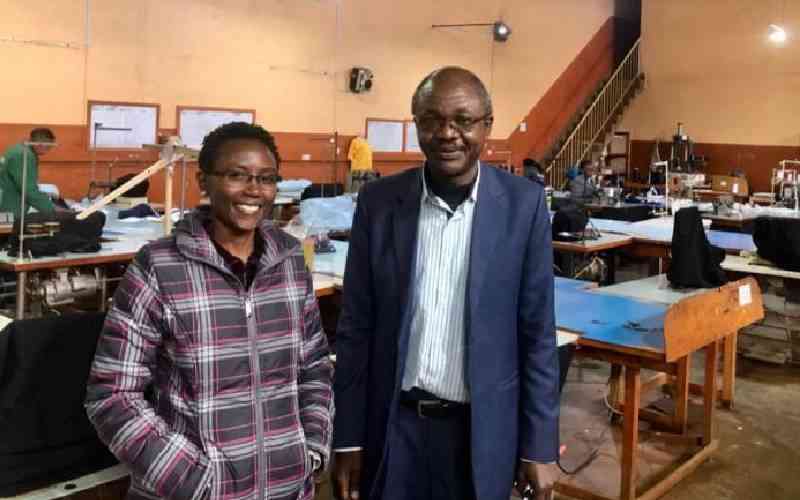×
The Standard e-Paper
Stay Informed, Even Offline

Kega Fashions, a local manufacturing company is one of the many suppliers that felt the wrath of the fall of giant retail stores.
Kega, which produces a wide array of apparel ranging from intimates to sportswear and industrial wear, says they have endeavoured to stay afloat despite the many challenges.







